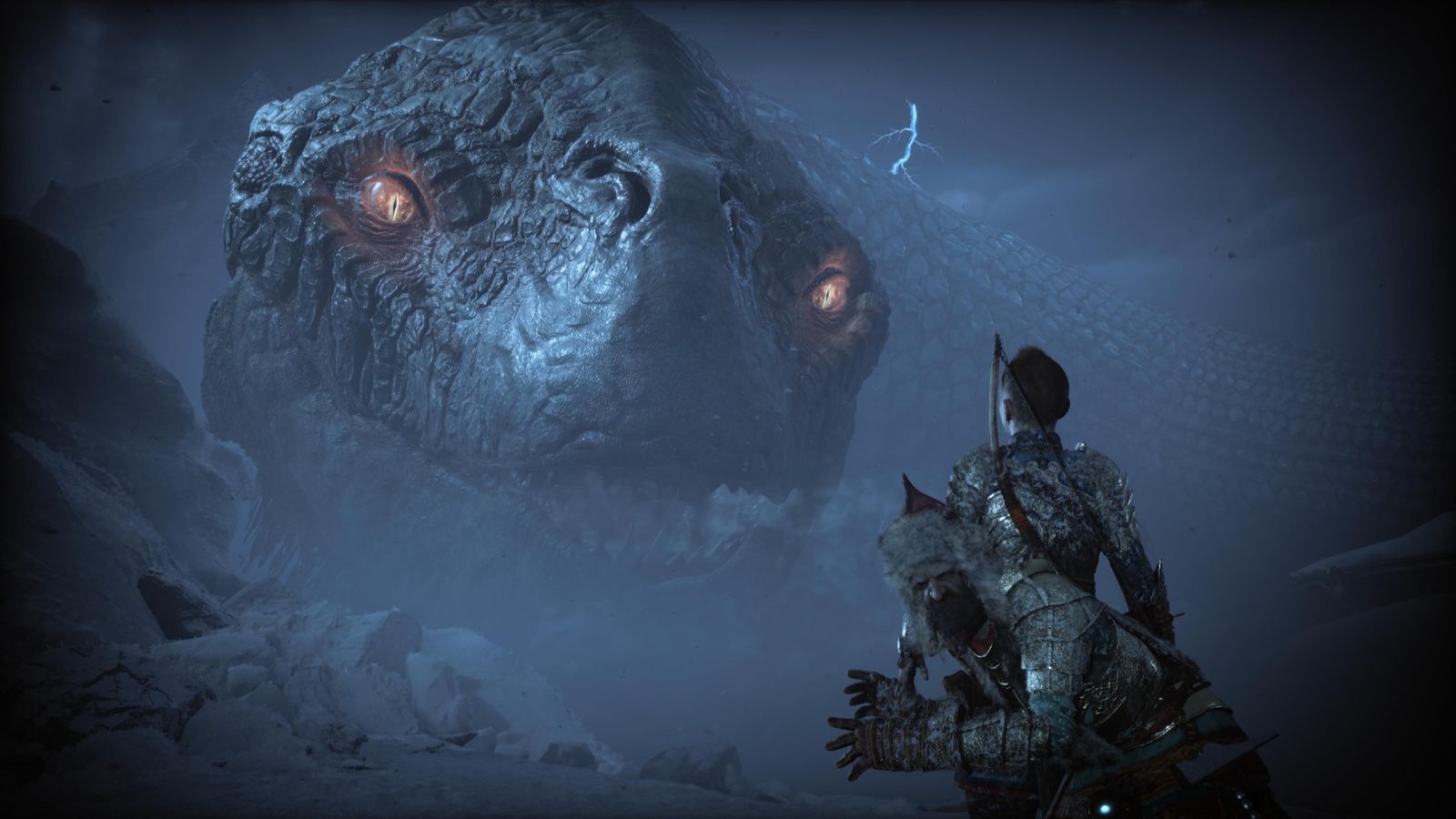As one of the biggest games of the year, God Of War Ragnarok will no doubt have found itself on plenty of Christmas lists.
After critical acclaim and huge launch sales, its performance at The Game Awards – where it won in more categories than any other title – came as no surprise.
But never mind its storytelling and graphical prowess, Ragnarok – the latest in a franchise dating back 17 years – was perhaps most notable for its success in the innovation in accessibility category.
It was recognition of how it allowed a whole new community of players to experience it to the max for the first time, finding an audience used to having to compromise or miss out entirely.
“Having never had any sight whatsoever, I started out unaware of how games or any related tech worked,” says Ben, who goes by the moniker of SightlessKombat.
“When I say I’m a gamer without sight, I use the term as ‘legal blindness’, often just shortened to being ‘blind’.
“But it can and often does include usable and/or residual vision, which I’ve never had.”
High On Life: Rick And Morty co-creator on his new shooter game where the guns talk back
Elden Ring wins big at Game Awards – as late Batman actor’s final performance revealed
The Game Awards: From God Of War Ragnarok to Stray, our picks to win on gaming’s Oscars night
The disability means Ben relied on audio games, designed for people with no or low vision, in the early days of his hobby.
Once he graduated to more traditional console experiences, he required assistance from others to play, but often struggled with people translating colour-coded button inputs and other commands into anything meaningful.
‘I had to play via guesswork – until now’
“I was still stuck mostly mashing until the desired result appeared on the screen,” he explained.
“It was completely via audio and educated guesswork, a strategy that still persists to this day in titles that don’t have enough accessibility.
“All these things put together mean that I haven’t been able to play classics like the original Halo trilogy, Call Of Duty franchise or other iconic staples of gaming, not without massive amounts of help.”
How Ragnarok changed the game
God Of War is one of those such industry mainstays – it has appeared on every generation of PlayStation since the PlayStation 2, and is known for its violent combat and massive sense of scale.
Until Ragnarok, Ben could not enjoy these games “without constant sighted assistance”.
In the case of the 2018 release, he got through it by streaming his playthrough online with the help of his sighted collaborator based in the US. It was a big step-up compared to prior entries, but unaided play was still a dream.
While the series has matured in recent iterations, transforming protagonist Kratos from one of gaming’s most two-dimensional meatheads into a touching depiction of fatherhood, it remains a tough action game.
But after footage of Ben’s streams came to developer Sony Santa Monica’s attention, he was asked to give the team demonstrations of how he played, giving advice on features they could add to make it more accessible.
Among the options are motor accessibility settings, which automate tasks to reduce fatigue and the complexity of button inputs; visual accessibility settings, which can change camera angles and up the contrast to make characters and prompts stand out; and the ability to completely remap the controller.
‘A brilliantly freeing experience’
“All of these combined mean that, aside from puzzles and some menu navigation that require sighted assistance, or other workarounds, I can play large stretches of the game without any need for secondary input,” says Ben. “It’s a brilliantly freeing experience.”
For a blockbuster such as Ragnarok to fly the flag for accessibility options feels like a watershed moment.
Other major releases such as Sea Of Thieves and The Last Of Us have offered impressive features too, but the overwhelming majority of games do not come close to what a player like Ben requires.
He hopes his role as accessible gaming officer at the Royal National Institute of Blind People will help him raise more awareness about how the industry can go further.
As he says: “There is still much to be done.”









